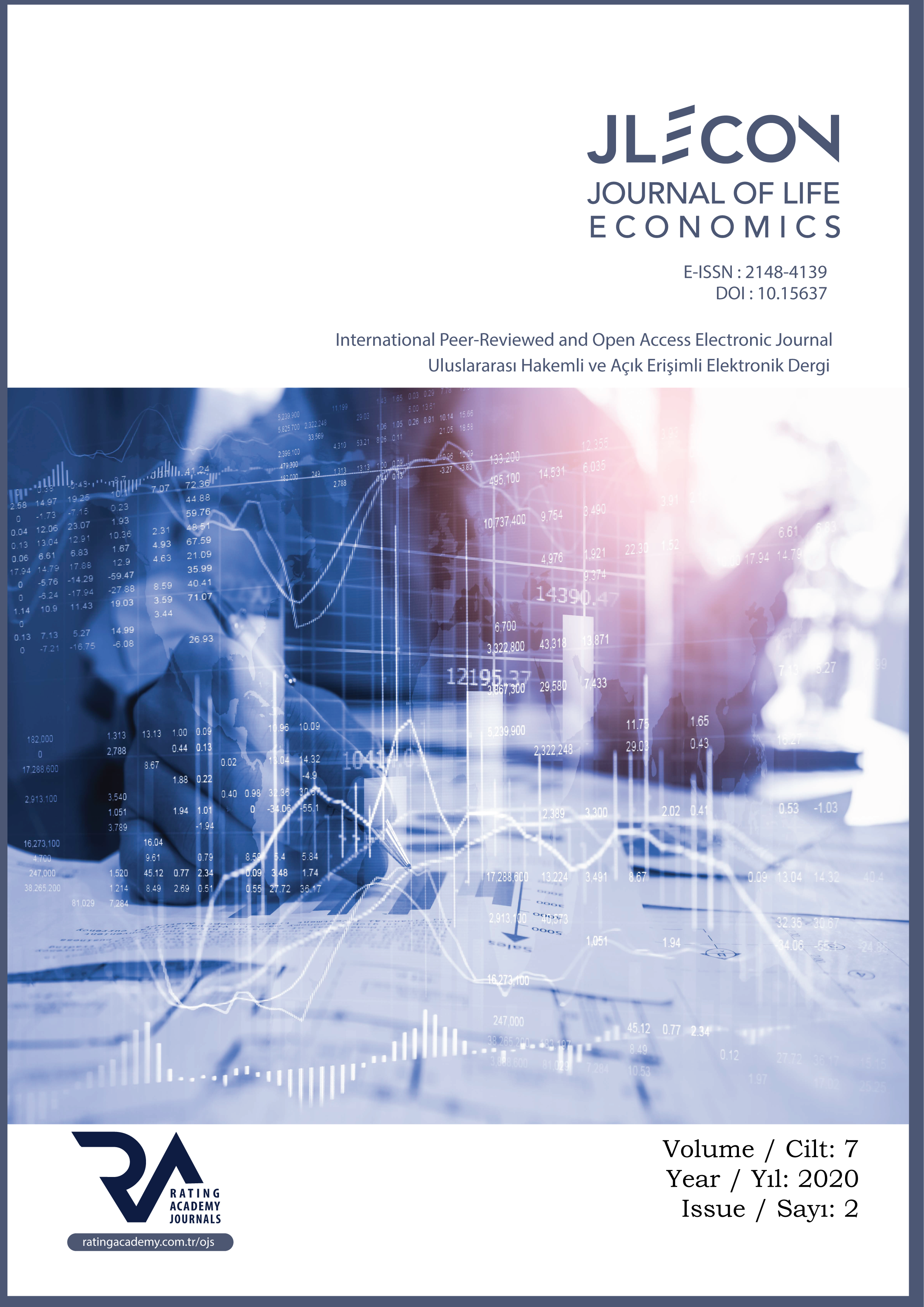FISCAL DEFICITS AND INTEREST RATES IN BRICS ECONOMIES: TESTING THE KEYNESIAN-RICARDIAN OPPOSITION
FISCAL DEFICITS AND INTEREST RATES IN BRICS ECONOMIES: TESTING THE KEYNESIAN-RICARDIAN OPPOSITION
Author(s): Edward Kagiso MOLEFE, Gisele MahSubject(s): National Economy, Public Finances, Fiscal Politics / Budgeting
Published by: Rating Academy
Keywords: fiscal deficits; interest rates; inflation; gross domestic product;
Summary/Abstract: This current study was aimed at exploring the consequential effects of both short- and long-term interest rates on fiscal deficits in BRICS economies. The panel vector error correction model (PVECM) techniques were employed to capture both long-run and short-run dynamics between variables. Using annual panel data, spanning the period 1995 to 2019, which was derived from OECD and IMF, this current study discovered a positive and significant relationship between both short- and long-term interest rates in BRICS economies. Moreover, the results of the study revealed a negative and significant relationship between GDP and fiscal deficits. These results confirmed that fiscal deficits hypothetically crowd out private investment and consumption through increased effects on interest rates. Therefore, the implementation of policy mix (interaction between monetary policy and fiscal policy) was recommended to unnecessary or unproductive government expenditure that may result in increased fiscal deficits and interest rate in BRICS economies.
Journal: Journal of Life Economics
- Issue Year: 7/2020
- Issue No: 2
- Page Range: 177-188
- Page Count: 12
- Language: English

